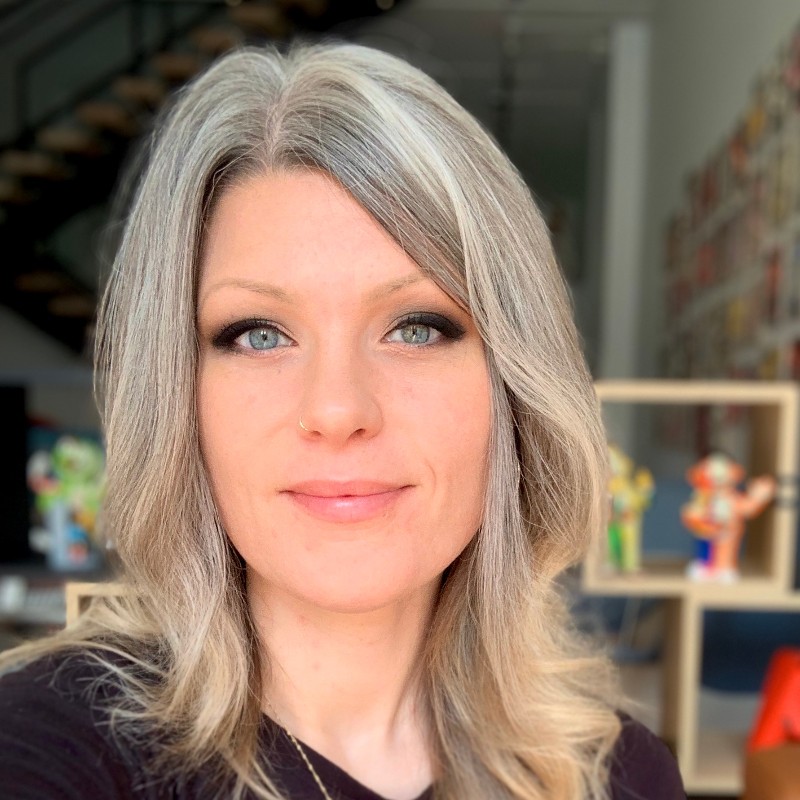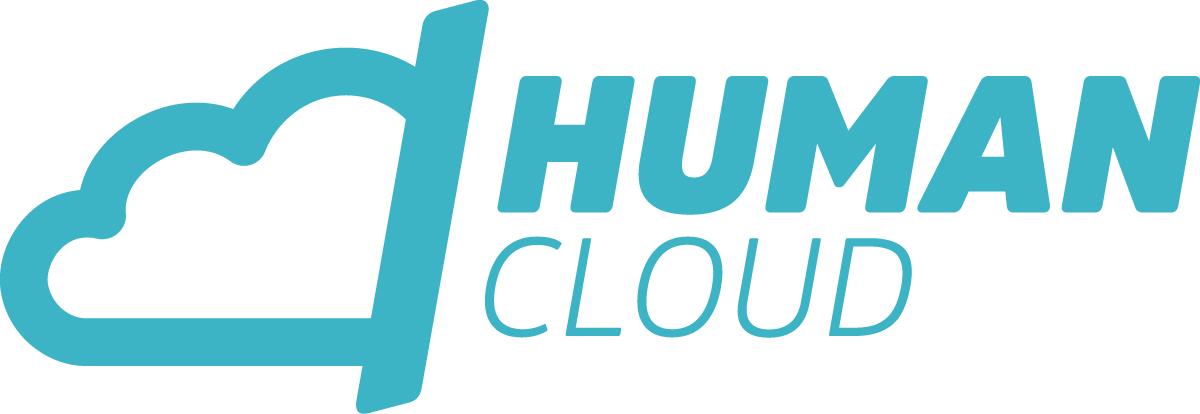Jacki Roach
Co-Founder of The Re-Org Ladies Agency
Welcome to our Leader Portal, where you can learn from tactical experts, not thought leaders. We place our stamp of approval on each leader so you can trust their insights are tactical insights, not sales pitches.
Enjoy!!! 👊

Leaders,
What’s the deal with crypto, DAO’s, and NFT’s. If I’m being honest, before Jacki I thought it was all hype. Admittedly I was wrong.
DAO’s have very interesting potential. I can’t see them taking over a large part of the economy. But they have very clear use cases and the underlying technology has the potential to solve a large swath of challenges.
Our favorite quote: We’re really looking at blockchain technology from an infrastructure standpoint. And when you get into DAO’s, what’s so funny is I get people all the time that, you know, we want to do an NFT drop, and we want it to be a Dow. And we’re like, okay, yeah, let’s just whip that up. Right. So what does that actually look like? And what people will find is a DAO, it’s about 5% about the technology. And the rest of it is philosophy, its governance. It’s like human beings actually having to work together and to decide, you know, what things are we actually going to automate in this organization? How do we trust all of this technology?
Want the Full Transcript?
Other highlights:
Jacki:
-
I worked on a project recently, where the DAO was actually being translated into real estate. And the question came up, well, what if they sell the real estate? Does the Dow go with it? Does the Dow disband like now we’ve had people put all of these tokens and time and all of this into this? So what happens?
-
A lot of what’s difficult here is we’re trying to plan for things that aren’t regulated yet in large parts. So you know, even something as simple as what blockchain are you going to pick to do a project on, that can be like, that can hold people up for months, you know, what blockchains really going to be around which one is the easiest for people to use?
-
So for 12 years, I worked in the newspaper industry. So this taught me a lot of things. Number one, I’ve already lived through transitioning from printed media to media going online. I live in Buffalo, New York, third poorest city in the nation when I was growing up, and when I was working, so everything was really behind the times here anyway. But what you know, in real time watching that transition, watching people lose their jobs get laid off because of automation, because of new things that were happening. And not even just that, but watching society straddle.
-
And just understanding that, like, we’re moving everything to fiber optic lines, tech is going to get faster data logistics, how data actually moves is changing. So that’s where it becomes important and tangible, to people that you know, manage these systems.
-
So I think a lot of it comes into like the token, the token economics and probably gamifying things. We could literally be organizing labor, we could be organizing students, we could be organizing operational activity.
-
I actually think it’s very optimistic libertarianism. I think this whole movement is about individual agency, to some degree, you know, working within the terms and conditions that you want to set, which is what freelancers do.
-
For 90% of projects that come across my desk, there’s no reason to do an NFT at this point.
Matthew Mottola:
-
So my fear is, when I look at technology, I think the first principle of it is that it’s actually the most efficient way of governing possible, there’s literally zero transaction fees or near zero marginal cost transaction fees, which is beautiful. But then when we get into the challenges, there’s a lot of challenges that, to me, are unforeseen circumstances. Like one thing we’re dealing with right now, which which is very, very recent, is the fact that San Francisco tried to get rid of admissions based testing, because that was looked at as potentially having harmful consequences. But it’s just a classic power law, where if you if you allow, you know, 100 people in a capitalist market system, 20 are going to do better and are going to create 80% of the value. So this is part of the challenge that I’m trying to grapple with. Like, okay, when we take this down to reality, technology is just a tool. It’s not good or bad, right? It’s how we apply it. But so how, what’s your take on that?
Jacki:
-
I think what governance and a blockchain system does is it removes middlemen, and it removes excuses. It removes, you know, your participation is contingent on you. And it’s very obvious whether you’re participating or not. So it’s a lot harder to get angry, when the data can be shown right back to you that well, guess what, you didn’t vote on any of the proposals. So why should you care? Now? You know, I think that’s really the power. And I think it’s going to be very uncomfortable.
-
There’s a practice called City Coins. They’re already in Miami, New York. They’re going into a couple other but they’re basically the the government’s buying these tokens creating a treasury, the municipality actually gets to vote on how those funds get used. Which is, you know, it’s a cool system.
Matthew Mottola:
-
Right now, we use ratings and reviews as the industry wide mechanism to decide what makes a good freelancer, because we have to rank unfortunately, we can’t just live in a society that everyone is good, there has to be a ranking. And freelance platform standards, ratings, interviews, ratings, interviews, totally suck. Because the ratings are usually either a one star or five star clients very rarely give a three star. The reviews are also then very subjective to that client, because it’s only one side that has the power. And they’re based off of how that client measure someone in their eyes. So the measurement system and freelancers, to me is, it’s not working at scale. And it’s beyond shitty in terms of for the Freelancer themselves. And when I hear transparency, where it scares me is if there’s not the right measurement system, then it can be a worse world than if we were just sitting next to each other at a coffee shop. I think that’s the source of where I get scared.
-
So it all comes down to creating a DAO instead of just creating a typical corporate structure, right? It all comes down to enabling everyone to have a more efficient way to give feedback or to tangibly vote on what each initiative should be?
Jacki:
-
Efficient maybe, but I would actually go a step further and say a more engaging way. I mean, because also, I think, I think the point of a doubt, too, is to be a community is to be a village. So like, you know, tech aside, logic aside, all that aside, you guys are all coming together, because you’re saying you want to organize together, and you could organize in different places. So if that’s true, and you’re all making a choice to show up and be here, then you have to work with one another.
-
Web three has probably been the most welcoming, impactful environment I’ve ever been a part of, I have deeper conversations with people in this industry than I’ve had anywhere else. And just people that are just absolute warriors, like want this technology, you want to be good stewards of it and all of that stuff. So you know, I think I think the doubt I think it’s more than a fad like NFT’s like yes, there was a ton of FAD stuff about it, and even a lot of doubts, like, yeah, they’re gonna totally fall apart.
-
But like the infrastructure of it, and like that core part of what a DAO is, to me is what’s what’s so exciting about it. And I’ll just keep going back, like organizing a labor union, because I watched corruption from the corporate side, from the union side. It’s very easy when people you know, have that type of influencing and can do those things. But if you bring that really down to a DAO, we’re just one vote is one vote, and you’re just voting on proposals, on your own contracts, on your healthcare on wages. You know, that would just be so powerful, and less expensive for the people running the union. You know, usually that’s just some guy, you know, he’s not a lawyer. He’s not he’s just a guy that got voted to be that person, you know, so it would help him dramatically.
